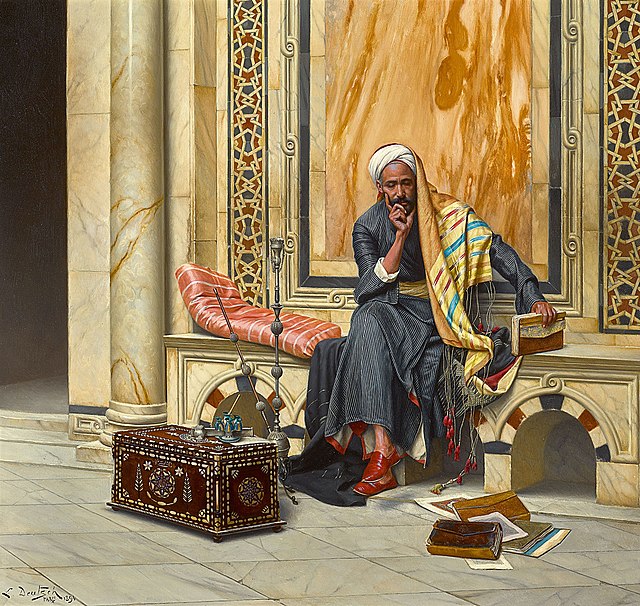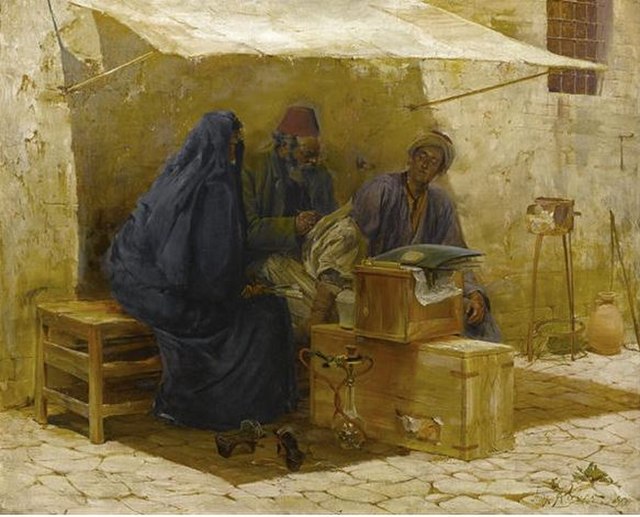I’m reading about how the Deuteronomists altered the original texts or teachings from the first Jerusalem temple. During the exile, things changed, or as I had believed, there was a good reform during the time of Josiah, the king of Judah. But this may not be the whole story. (The Deutronomists were the source of the book of Deuteronomy, as well as Joshua, Judges, Samuel, and Kings.)
The great destruction wrought by the Babylonians at the beginning of the sixth century followed hard upon the so-called Deuteronomic reform. What was destroyed was therefore in a state of flux, since we are by no means certain that the Deuteronomic reform was the wholesale success claimed for it.
The two accounts of what happened in the reign of Josiah differ in detail and emphasis: the Chronicler (2 Chron. 34-5) described finding the lawbook, renewing the covenant and keeping a great Passover; the Deuteronomist (2 Kings 22-3) described in detail all the abominations that were swept away and wrote but briefly of the great Passover. We do not know, therefore, what happened at the time. All we know is that the Deuteronomists wrote themselves into history at this point, since, in 2 Kings, they clearly identified the programme of reform with their own ideals. If this is accurate, then we have evidence for a sweeping away of everything thatdid not accord with one particular point of view; if it is not accurate, i.e. if it is only a retrospective improvement on fact, then we have evidence for a rewriting of history on a massive scale, to the point where it becomes extremely difficult for us to call it history in any modern sense of that word. We should call it propaganda.
It is a common enough phenomenon in this century to see a radical change of government or ruling philosophy accompanied by a rewriting of the past. If the keynote of the Deuteronomists was an emphasis on the sacred history, the Exodus and the saving acts of Yahweh to the exclusion of all other gods, then it is easy to see that any traces of earlier religious practices in Jerusalem, had they been concerned with things other than the sacred history, the Exodus and the cult of Yahweh alone, would have had little chance of surviving. It is a fact that the writings of the First Isaiah, our best source of information on the pre-Deuteronomic religion of Jerusalem, have no concern for just these things which the reformers made so central. Here then is the first question: What did they reform, either in fact, or by creative history writing? Was there more, far more, in the religion of pre-exilic Jerusalem, than the later writers wished to perpetuate?
Other questions immediately present themselves. Why is Moses not a part of the religion of the pre-exilic prophets? It has even been suggested that Moses is not mentioned in any genuinely pre-exilic writing. How can we have any picture of Israel’s older ways when so much of the Old Testament has been edited and transmitted by the reforming Deuteronomists or those whom they had influenced? The preface to Deuteronomy shows what they set out to remove; we always read this as though these were pagan practices, but a careful scrutiny shows that this was not necessarily so.
First, they were to have the Law instead of Wisdom (Deut. 4.6). Israel had had wise men of her own, so how did their wisdom teachings relate to the reformed religion, and what was the Wisdom which the Law replaced? Second, they were to think only of the formless voice of God sounding from the fire and giving the Law (Deut. 19.12). Israel had long had a belief in the vision of God, when the glory had been visible on the throne in human form, surrounded by the heavenly hosts. What happened to the visions of God? And third, they were to leave the veneration of the host of heaven to peoples not chosen by Yahweh (Deut. 4.19-20). Israel had long regarded Yahweh as the Lord of the hosts of heaven, but the title Yahweh of Hosts was notusedbythe Deuteronomists. Whathappened to the hosts, the angels?
These three examples will suffice to make the point: the religious practices which the Deuteronomists opposed are known to have had a place in the earlier religion of Israel. If they removed these as a part of their reform, and removed most of the references to them, how can their writings be evidence for anything other than their own ideals?
(The Great Angel, a Study of Israels Second God, Margaret Barker)
Audio of Margaret Barker: What did King Josiah reform?


